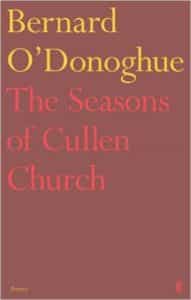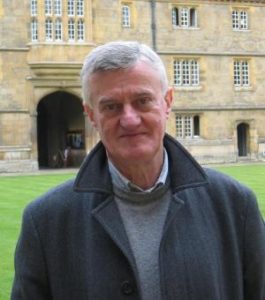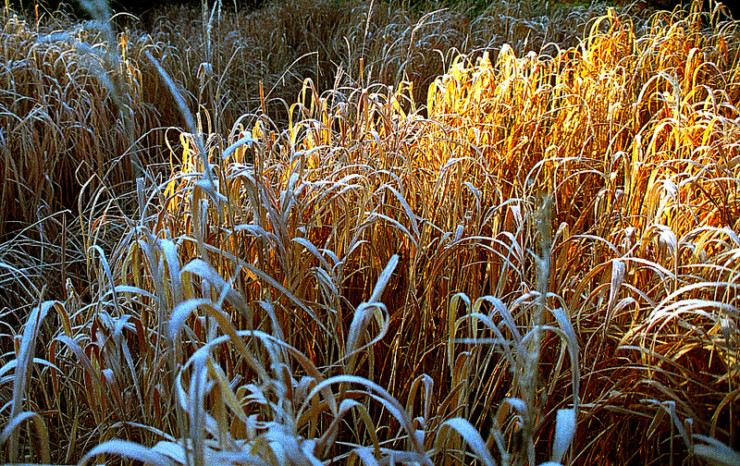I hadn’t read the poetry of Bernard O’Donoghue before his most recent collection, The Seasons of Cullen Church. And yet, reading these poems, it seemed that I’d been reading him all of my life.
The poems O’Donoghue includes are poems of reflection and revisiting. No, you can’t go home again, but you can consider home in memory, and a life in memory, and understand what was important then is less so now, and what is important now was barely discernible then.
The Seasons of Cullen Church is a consideration of a life.
What does it mean for a grandfather to die at a young age, before his grandchildren will ever know him except by story and the memories of others? Why did that copy of the Concise Oxford English Dictionary smell like cigarette smoke? Why did the veterinarian always rush away from the insemination of dairy cows? Why is the nameplate on the school you attended flattened on the ground? Why is arriving in an unfamiliar town always the same experience? These are pieces, fragments of a life, each worthy of closer examination for what it tells us and what it means.
First Night There

in the hotel room and taken to the streets,
wondering who you’ll find, there is no one.
Where is the crowd? No one in the bars
or walking by the sea: no one back
in the hotel foyer mausoleum.
You know by morning it will be all right:
you’ll have found them and made arrangements
for the day: too many encounters
and too many things to do. But still
there will be the tremor of the memory
of the dark evening when you had to people
the whole empty lifescape on your own.
O’Donoghue writes of the closing of a favorite bookshop (we’ve all been there), a loved one changing “houses” and now residing in one where the only door is the roof and it’s always shut, considering the possibility of love while playing an instrument in an orchestra, being disciplined too harshly, children stealing apples from an orchard, and more.
This collection is a slim volume, 45 poems in all and most of them relatively short, but it is packed with observation and experience. O’Donoghue gently leads us (and himself) to examine what what a life can mean, and what it has meant.

Bernard O’Donoghue
Born in 1945 in Cullen, County Cork, Ireland, O’Donoghue has lived since 1965 in Oxford, where he’s a tutor in Old English and Medieval English, linguistics, and the history of the English language. He is the senior member of the Oxford University Poetry Society, and was elected a Fellow of the Royal Society of Literature in 1999.
His other poetry collections include Razorblades and Pencils (1984); Poaching Rights (1987); The Absent Signifier (1990); The Weakness (1991); Gunpowder (1995); Here Not There (1999); Outliving (2003); Selected Poems (2008); and Farmer’s Cross (2011). The Seasons of Cullen Church was shortlisted for the T.S. Eliot Prize. He has also written Seamus Heaney and the Language of Poetry (1995) and a verse translation of Sir Gawain and the Green Knight (2006), and is currently working on a translation of Piers Plowman.
The Seasons of Cullen Church is moving and soul-searching, a remembrance of what matters and an exploration of the memories that make a life.
Photo by David Paul Ohmer, Creative Commons, via Flickr. Post by Glynn Young, author of the novels Dancing Priest and A Light Shining, and Poetry at Work.
__________________________

“I require all our incoming poetry students—in the MFA I direct—to buy and read this book.”
—Jeanetta Calhoun Mish
- 10 Great Resources for Teaching the Civil War - March 6, 2025
- Relearning Civil War History to Write a Novel - March 4, 2025
- Poets and Poems: Marjorie Maddox and “Seeing Things” - February 27, 2025

Bethany R. says
“No, you can’t go home again, but you can consider home in memory, and a life in memory, and understand what was important then is less so now, and what is important now was barely discernible then.”
Such an interesting observation. Thanks for this post, Glynn.